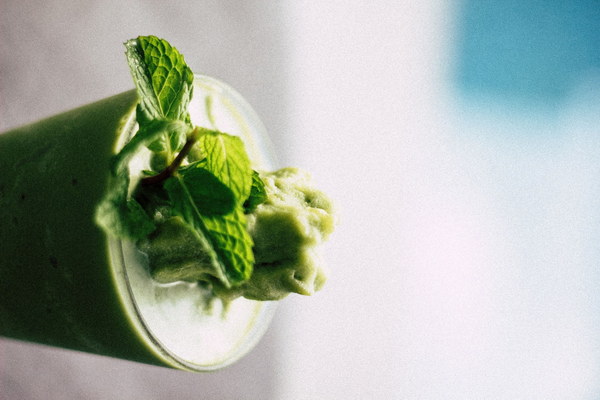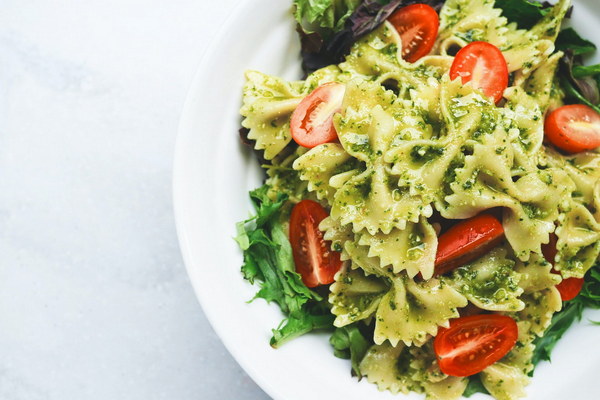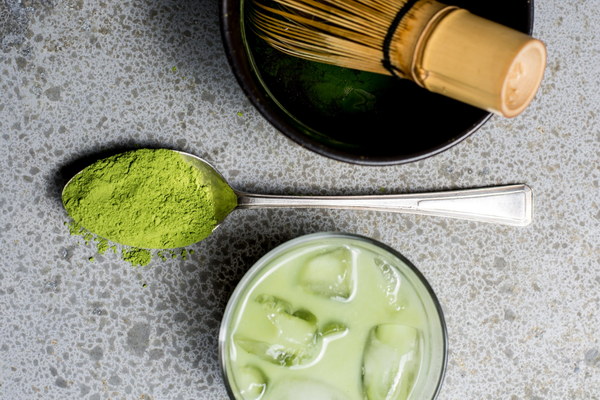Does Cultivated Reishi Mushroom Have Liver-Protective Effects
In recent years, the health benefits of various mushrooms have been increasingly recognized, with Reishi mushroom (Ganoderma lucidum) emerging as a popular subject of research. Known for its medicinal properties, many people are curious about whether cultivated Reishi mushroom has liver-protective effects. This article aims to explore the available evidence and shed light on this topic.
Reishi mushroom, also known as lingzhi in Chinese, has a long history of use in traditional medicine. It is believed to have numerous health benefits, including immune system enhancement, anti-aging, and stress relief. The mushroom contains various bioactive compounds, such as triterpenes, polysaccharides, and adenine, which contribute to its therapeutic effects.
One of the most significant health benefits attributed to Reishi mushroom is its liver-protective properties. The liver plays a crucial role in detoxifying harmful substances and metabolizing nutrients. Therefore, maintaining liver health is essential for overall well-being. Let's delve into the evidence supporting the claim that cultivated Reishi mushroom has liver-protective effects.
1. Antioxidant activity
Reishi mushroom is rich in antioxidants, which help protect the liver from oxidative stress. Oxidative stress occurs when there is an imbalance between the production of free radicals and the body's ability to neutralize them. This imbalance can damage liver cells and lead to liver disease. Studies have shown that Reishi mushroom extracts can reduce the levels of oxidative stress markers, such as malondialdehyde (MDA), in liver tissue.
2. Antiviral activity
The liver is susceptible to viral infections, such as hepatitis B and C. Reishi mushroom has demonstrated antiviral activity against these viruses, which may contribute to its liver-protective effects. A study published in the Journal of Ethnopharmacology found that Reishi mushroom extract significantly reduced the replication of the hepatitis B virus in human liver cells.
3. Inflammation reduction
Chronic inflammation is a key factor in the development of liver diseases, such as non-alcoholic fatty liver disease (NAFLD) and cirrhosis. Reishi mushroom has been found to have anti-inflammatory properties, which may help prevent or treat liver inflammation. A study published in the journal Phytomedicine revealed that Reishi mushroom extract reduced liver inflammation in mice with NAFLD.
4. Antifibrotic effects
Liver fibrosis is a condition where the liver tissue becomes scarred and damaged. This scarring can lead to cirrhosis and liver failure. Reishi mushroom has been shown to have antifibrotic effects, which may help prevent liver fibrosis. A study published in the journal Phytomedicine demonstrated that Reishi mushroom extract reduced liver fibrosis in rats with carbon tetrachloride-induced liver damage.
5. Metabolic syndrome improvement
Metabolic syndrome is a cluster of conditions that increase the risk of heart disease, stroke, and diabetes. It is characterized by insulin resistance, high blood pressure, and abnormal cholesterol levels. Reishi mushroom has been found to improve metabolic syndrome, which may indirectly contribute to liver health. A study published in the journal Nutrition Research showed that Reishi mushroom supplementation improved insulin sensitivity and blood pressure in patients with metabolic syndrome.

In conclusion, there is substantial evidence to suggest that cultivated Reishi mushroom has liver-protective effects. Its antioxidant, antiviral, anti-inflammatory, antifibrotic, and metabolic syndrome-improving properties contribute to its liver-protective effects. However, it is essential to consult with a healthcare professional before starting Reishi mushroom supplementation, especially if you have pre-existing liver conditions or are taking other medications.
While more research is needed to fully understand the mechanisms behind Reishi mushroom's liver-protective effects, the available evidence supports its potential as a complementary treatment for liver health. As always, maintaining a healthy lifestyle, including a balanced diet and regular exercise, is crucial for overall well-being.









